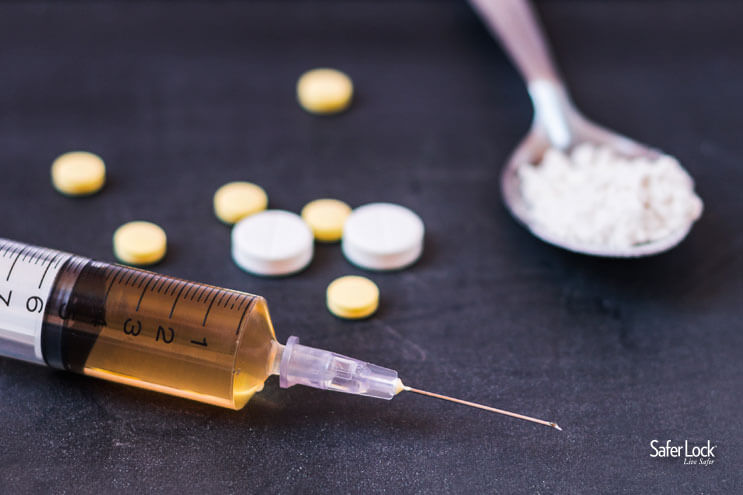As the opioid tsunami surges across the United States, doctors and hospital systems are re-thinking the way they prescribe and dispense powerful pain medications. This means it is more important than ever to put the brakes on overprescribing while at the same time ensuring that the appropriate patients get the right medications and in the right amounts.
It sounds like an easy solution for a complex subject. But changes to the way pain medications are prescribed is impacting the lives of many.
The prospect of over-vigilant opioid prescribing practices poses a threat to the physical, mental and emotional well-being of millions of Americans who suffer from chronic pain.
They may have intractable pain from rheumatoid arthritis or sickle cell anemia. Or they may be managing terminal cancer and need pain medication to simply make it through the day. But dependence doesn’t equal addiction. It’s critical to understand that they involve different parts of the brain and have different implications for behavior and treatment.
Opioid Addiction vs. Dependence
Addiction is a characterized by uncontrollable cravings and the compulsion to use drugs or alcohol in spite of negative consequences, such as job loss, incarceration or health issues. The inability to control drug use, despite doing harm to oneself or others, involves abnormal functioning of the brain’s reward pathways.
In contrast, people who depend on opioids to manage chronic pain are engaging different parts of the brain: the thalamus and brainstem. What this means, in the words of the National Institute on Drug Abuse, is that “It is possible to be dependent on morphine, without being addicted to morphine. This is especially true for people being treated chronically with morphine, for example, pain associated with terminal cancer. They may be dependent - if the drug is stopped, they suffer a withdrawal syndrome. But, they are not compulsive users of the morphine, and they are not addicted.”
So, addiction and dependence engage different parts of the brain and are characterized by very different behaviors: compulsion versus control, mental obsession versus physical dependence. This important distinction is not commonly known, even by many medical professionals.
Today, some patients’ access to timely and legitimate medication may be imperiled by a groundswell of opposition to the use of opioids, even when appropriately prescribed and managed to treat debilitating pain.
America’s Pain Problem: Chronic Sufferers Stigmatized by Opioid Epidemic
The U.S Pain Foundation asserts that, “While reform is absolutely necessary, some of the restrictions on opioids have unintentionally harmed legitimate patients who rely on opioids to manage their pain and use their medications appropriately. As a result, these individuals may be left with their pain undertreated or untreated. A failure to treat pain appropriately, however, leads not only to unnecessary physical suffering, but also increased disability, lost productivity, depression and anxiety, and even suicide.”
Chronic pain is debilitating, and it is destructive.
Even more damaging, perhaps, is the shame caused by labeling chronic pain sufferers as “drug seekers” for simply trying to obtain an essential medication to ease their suffering.
Solutions to the opioid epidemic need to be informed by science while at the same time helping patients manage their chronic pain. These individuals with legitimate medical needs should be free of the stigmatizing finger-pointing.
Medication misuse, abuse, and addiction is a problem. But chronic pain sufferers who use opioids responsibly aren’t necessarily part of the problem… and often time they become the victims of well-meaning policies and professionals when easy solutions are sought to a very complex issue.




